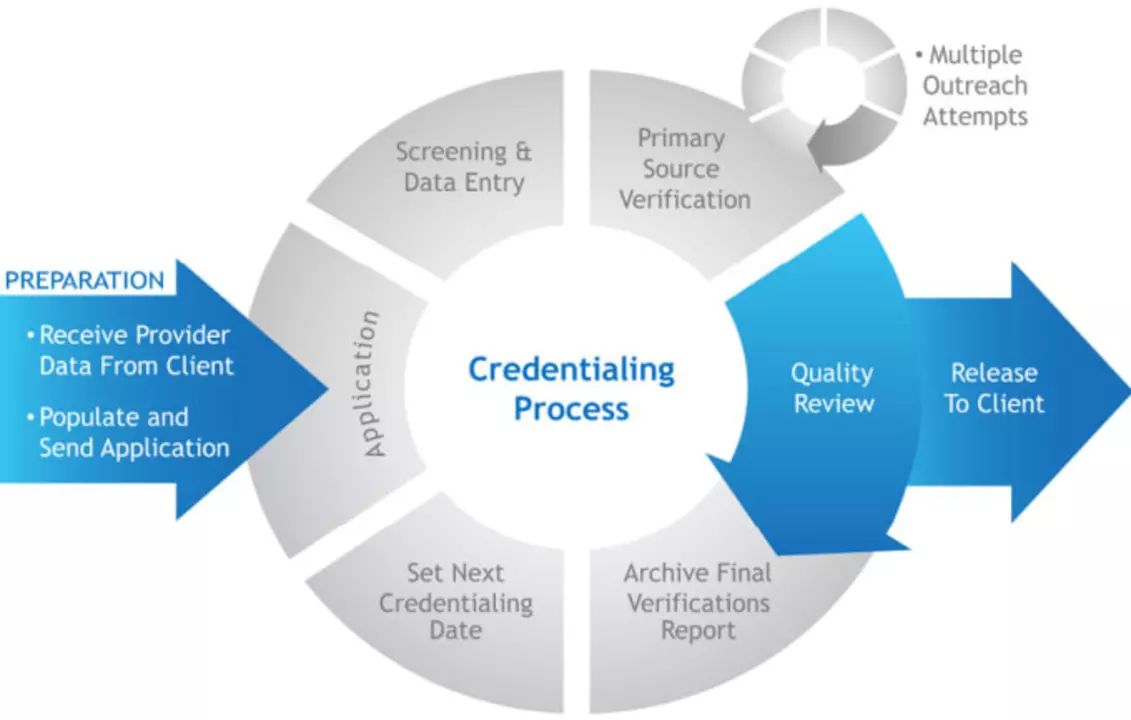Why data entry mattered on Job Hunt Insider in May 2023
In May 2023 we published a focused piece on one simple idea: accurate data entry keeps work moving and decisions honest. I explained how clean data saves time, cuts mistakes, and helps small teams make smarter calls without guessing. If you track applicants, invoices, or simple lists, the quality of your entry work changes outcomes every day.
Key takeaways from the post
First, accuracy. Entering the right values the first time prevents follow-up fixes that eat hours. Second, efficiency. Simple templates and basic automation remove repetitive tasks so you can focus on higher-value work. Third, trust. Reliable data builds confidence across a team — from recruiters to managers — and that trust speeds decisions.
To make this concrete: a wrong email address means lost interview invites; a mislabeled expense can skew monthly reports; inconsistent job titles make searching resumes slow and messy. Those are small errors with big costs.
Practical steps you can use today
Start with a short checklist. Use consistent column names, set required fields, and pick one date format. That alone fixes many problems. Next, work in short bursts and proofread high-impact fields: names, emails, amounts. Keyboard shortcuts and copy-paste rules help, but always paste as plain text to avoid hidden formatting issues.
Use validation where possible. Things like drop-downs, number-only fields, and simple formulas catch typos before they land in reports. If you don’t have fancy tools, a shared spreadsheet with clear columns and sample rows works fine. Backups matter: save a dated copy before major edits so you can roll back if something breaks.
Training is cheap and pays off fast. Spend 10–15 minutes showing a teammate how you want data entered. Agree on naming rules (for example: "First Last" vs "Last, First") and a single status system (like "Applied", "Interviewing", "Rejected"). Those tiny standards cut confusion.
Finally, look for quick automation. Simple scripts or built-in features in spreadsheets can automatically clean spaces, standardize cases, and combine fields. You don’t need advanced software to get big wins—start with small automations that save minutes every day.
May's post was short and practical on purpose. Data entry isn’t glamorous, but it’s the backbone of reliable workflows. Fix a few habits today—standardize a couple of fields, add validation, teach a teammate—and you’ll see fewer mistakes and faster decisions next month.
Why is data entry important?
As a blogger, I've come to realize the importance of data entry in our daily lives. Firstly, data entry ensures that all the vital information is accurately recorded and easily accessible. Secondly, it helps businesses make informed decisions based on data analysis. Thirdly, it saves time and resources by automating repetitive tasks, boosting efficiency. Lastly, accurate data entry is essential for maintaining the integrity and reliability of any information system.





